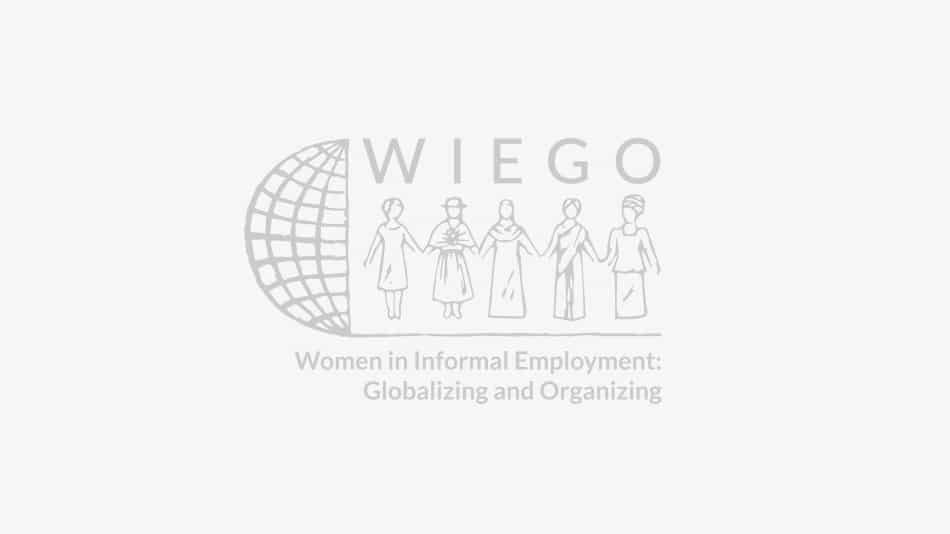Labour Law Research Conference in Toronto
-
June 25, 2017 - June 27, 2017

Toronto, Canada

Photo by Paula Bronstein/Getty Images Reportage
The Labour Law Research Network (LLRN) Conference is held every two years and is one of the most important events to gather labour law scholars, researchers, and activists. LLRN’s third conference took place at the University of Toronto, Canada in June 2017.
WIEGO’s Law Programme put together a panel with the theme, “Informal Labour in Global Value Chains: Empirical Perspectives and Conceptual Challenges from the Global South”. The papers, presented by two WIEGO lawyers and two labour law scholars who write on homeworkers, engage with debates within labour law on the changing nature of work and argue for labour law to extend rights to homeworkers in supply chains.
About the Panel:
The panel’s focus was on employment in the global value chain—as an organizing idea to reflect on some of the key challenges for labour law—challenges to the employment contract, and regulation of work relations transnationally. Most academic and policy attention is focused on factory workers in global value chains.
Our focus was on homeworkers (who are predominantly female), who work in a range of industries, adding value to, or participating in, assembling or packaging of many products. They are inserted into the end of chains through sub-contracting arrangements that take different forms.
This panel—intended as a thought piece—drew on 20 years of WIEGOs’ work as well as the labour law academics who have worked closely with WIEGO.
The Panelists:
Dr. Pamhidzai Bamu ( Law Programme Co-ordinator, Africa, WIEGO)
Marlese von Broembsen (Director Law Programme, WIEGO, Visiting Researcher, Institute of Global Law and Policy, Harvard Law School)
Prof. Kamala Sankaran (University of Delhi) and Roopa Madhav (Tata Institute of Social Sciences)
Dr. Shelley Marshall (Senior Lecturer, Monash University Australia)
Marlese von Broembsen chaired the panel and presented a theoretical paper on the governance of global supply chains and the implications of excluding homeworkers from global governance processes.
Pamhidzai Bamu presented a paper on global care chains for domestic work, with a focus on South-South migration between Zimbabwe and South Africa. Her paper considers the dynamics of care chains in the context of counties that do not have dedicated migration regimes for domestic work, which forces migrant domestic workers to the margins of the labour market. She showed that the legal regime has implications for migrant domestic workers’ modalities of entry, stay, job search, job choices in South Africa and their links with their families in Zimbabwe.
Kamala Sanakaran and Roopa Madhav presented a paper which aims to explain the different kinds of subcontracting relationships that are usually involved in activities of waste recyclers, forest workers and fish workers. The paper attempts to identify the plurality of regulatory spaces that can provide accountability beyond the traditional labour law framework.
Shelley Marshall presented a comparison of four innovative experiments in regulating work, including the regulation of work for head-load (Mathadi) workers in India, immigrant industrial clothing outworkers in Australia, garment workers in Cambodia and workers in Bulgaria who rely on a range of home-based work to survive.
Visit the Labour Law Research Network conference website
Read the homeworker platform of demands
Blog: Protecting Homeworkers in Global Supply Chains: Evaluating The Rights-Based Approach, by Marlese von Broembsen
Learn more about WIEGO’s Law Programme